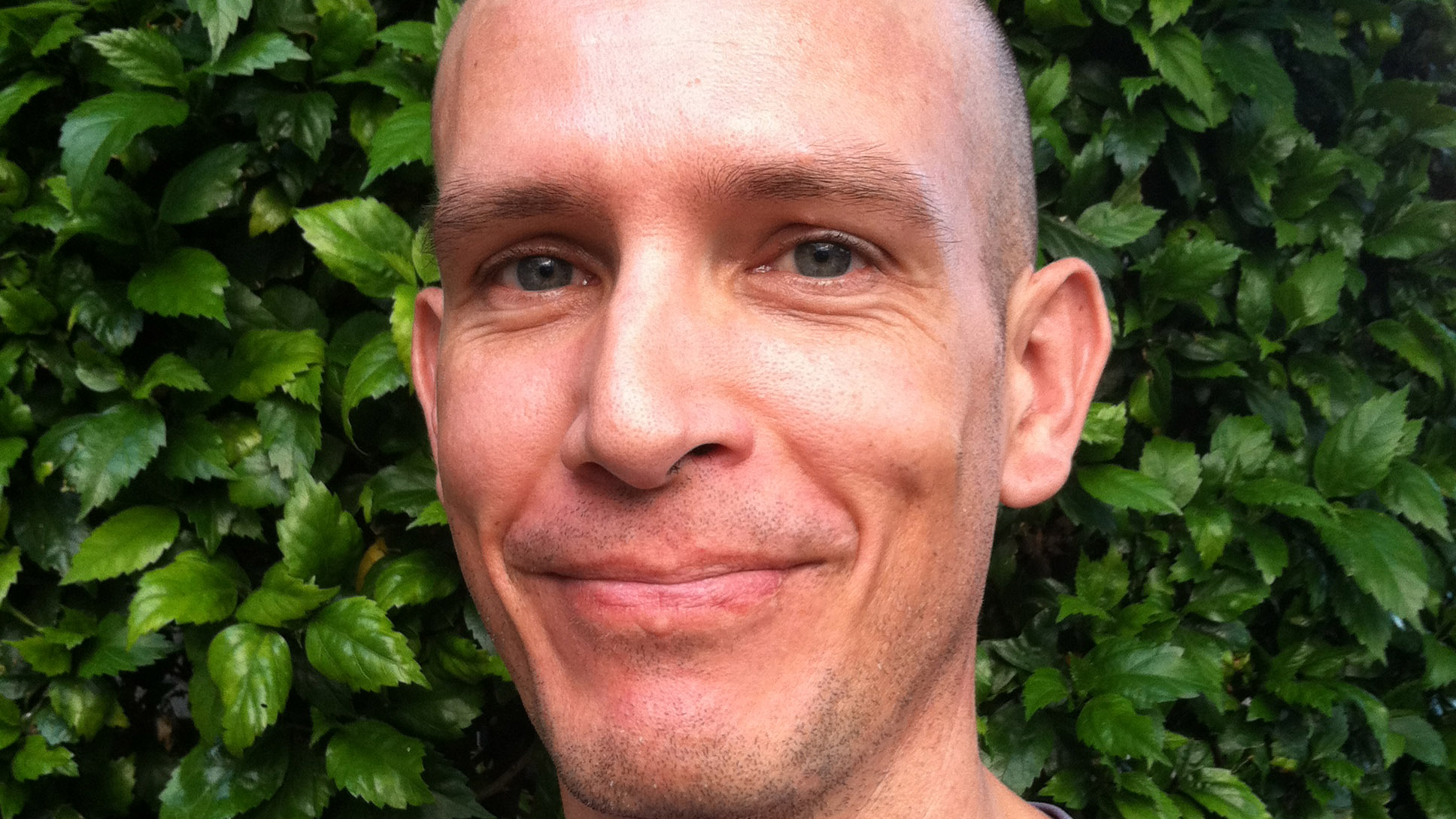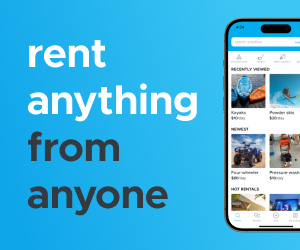Privilege is the only thing not visible when you see me in my mask. I have so many luxuries, such as healthcare, my own business (so already working from home), money in the bank, food to eat, a yard, wine, and a deep bench of friends to call or video chat with as needed. I go out solo for exercise and space, and only venture for supplies once a week. My work is education consulting, and this is a time of hope in that realm.
This pandemic is changing our thinking about school and learning, and could catalyze revolution in education. There’s another story to my story, though. My partner is a critical care nurse who has been on the “frontline” since there was one. He’d be quick to point out that he and his colleagues are not #heroes; they are doing their jobs.
Me: You work with protective equipment every day. How is wearing a mask different for you now?
My partner: It’s different now because we’re using PPE in a way never proven to be safe. We wear the same mask all day, then “sterilize” it with UV light between shifts. Imagine cleaning off your toilet paper then using it again the next day. It’s a desperate scheme that’s prone to error. We found two different nurses’ masks stuck together after the process, which of course would prevent the UV light from doing its job. Our hospital tells us the system is approved by the manufacturers of the PPE and UV system, but we have no access to this evidence. It’s like using a new drug just because the pharmaceutical company says it’s okay.
What is it like to care for a patient when they can only see your eyes?
The masks and shields muffle our voices so we’re difficult to hear without yelling. Recently I had to clarify the steps in a critical resuscitation, because two nurses heard our doc say two different things. When the EMS crew brings us a sick patient, the first thing we do is strip their clothes, attach monitors, and stick them with needles. This usually goes well because we are experts at forging meaningful human connection in seconds. It’s harder to establish that trust when you can’t see our faces, or hear our voices very well. It’s a hurdle even for me to recognize co-workers sometimes, so we’re introducing ourselves every time we walk into a room.
Plus, when worn for 12 hour shifts, the gear hurts, cutting into the skin, causing headaches and making it difficult to stay hydrated. The shields fog up and make it hard to see what is often precision work, and every task takes longer. There is a compromise between providing efficient care and keeping ourselves safe. For instance, if a patient comes in and can’t breathe, they need help right away. It might take us an extra 30 or 60 seconds to take the necessary steps to treat the person because of the isolation precautions. The PPE slowdown could be the difference between life and death.
I see a difference in you when you finish shifts now, and not just because you are changing in the garage. What are you experiencing?
The fastidiousness of the PPE takes up mental bandwidth so you have less brain power available for everything else. An expert nurse does all the simple stuff on autopilot, which frees the brain for more complex work. The difference now is that there is no more autopilot, because the PPE protocols demand your attention at all times.
What is the biggest challenge for you right now?
The worst part is that it’s all so preventable. Our country has made it much worse than it needed to be. Fifty years ago we had an effective public health system, but over the last few decades it has been starved of funding and we’ve given more control of our nation’s health over to private corporations that enrich their bottom lines at the expense of our lives. When the pandemic started to explode, we couldn’t have done contact tracing even if we had wanted to—there simply weren’t the systems and resources to handle it. In January and February, we could have been gearing up and training legions of community health workers who could have performed the crucial testing and contact tracing necessary to snuff out the spread of disease.
The fact is, we don’t have a healthcare system in the U.S. We have a patchwork of payers and providers all looking out for themselves instead of working together to solve big problems. The only thing we can really be proud of is all the individuals working their asses off, “frontline” or not, to take up the slack and do the hard work made necessary by our government’s failures. We are facing the highest unemployment rate of the last century, and guess what: our health insurance is tied to our jobs so it’s a double hit for tens of millions of Americans. The whole situation lays bare everything that is wrong with a society prioritizing the needs of large corporations and the super-rich over regular people. It’s up to each of us to demand better.




